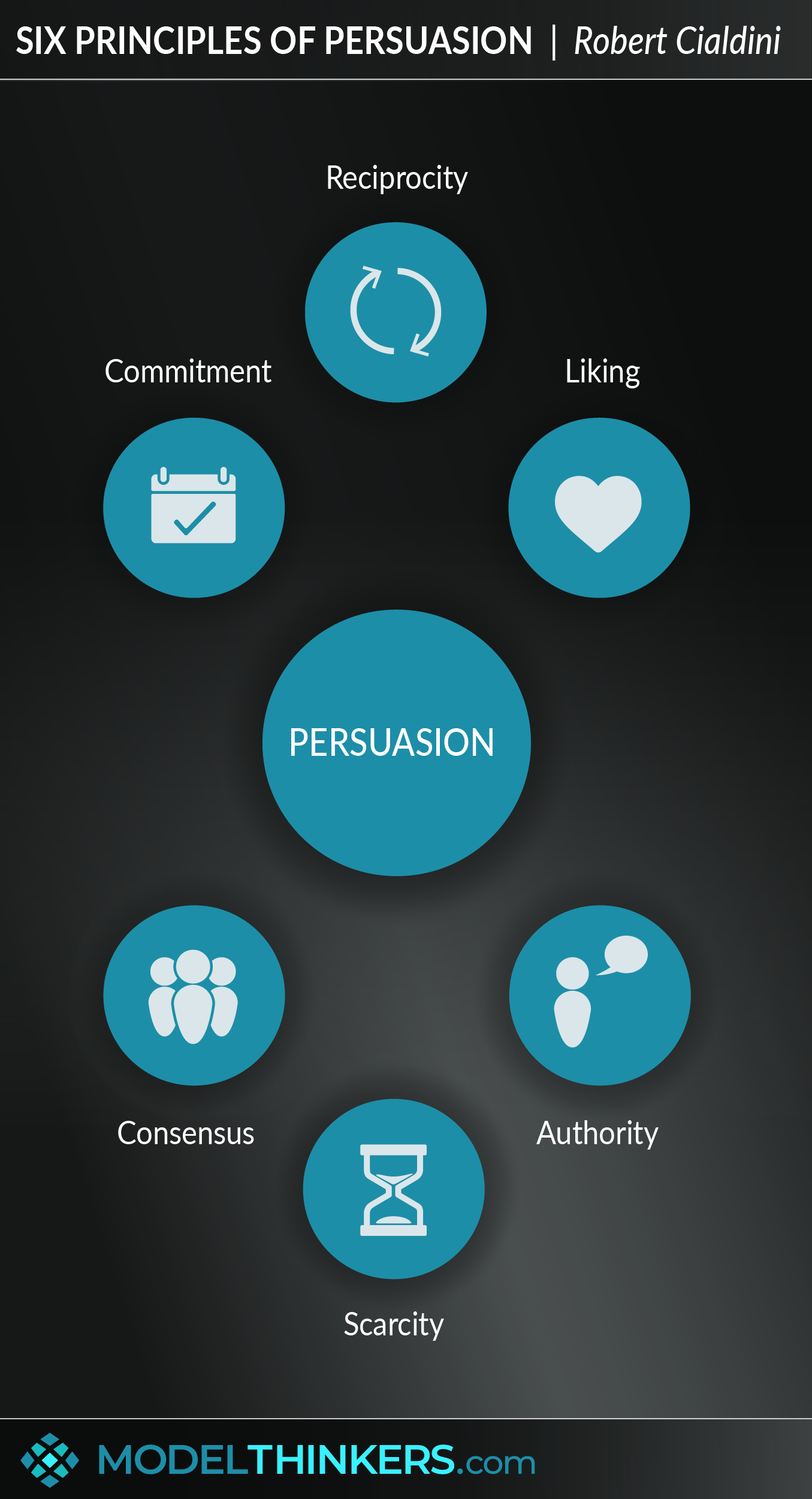One study looked at the Washington-Oregon state line and found. Research proves that reciprocity can be powerful.

The Reciprocity Of Liking Rule I Like You Because You Like Me
There was a time in the not-so-distant past when the American workplace operated under an implicit.

. Blake says the fact that negative reciprocity appears to emerge earlier than positive reciprocity may mean these behaviors spring from distinct developmental. Psychologists have known for a while about a phenomenon called. Through two separate studies UC Santa Barbara anthropologists Adrian Jaeggi and Michael Gurven found that reciprocity is similar among monkeys apes and humans even.
Behavioral findings indicated that liking was initially unreciprocated at T1 yet became strongly reciprocated by T2. Repaying favors is the norm in our personal lives but not in the workplace. The emergence of affective reciprocity was partly.
It allows us to develop a give-and-take mindset with the people in our lives. Early 60s and 70s there was a lot of work on personality and trust and trust propensities and. The researchers found that was largely because participants felt their partners were manipulative.
Playing hard to get. In other words playing hard to get enhances the desire to pursue while actually reducing our liking for the player. Research by leading social scientist Robert Cialdini has found that persuasion works by appealing to certain deeply rooted human responses.
Covid-19 can cause lasting cognitive and mental health issues including brain fog fatigue and even post-traumatic stress disorder. Even though smiling in person can make you more likeable research suggests smiling virtually can work to your detriment - especially in more formal settings. The researchers found that the more responses posted to the message board in total the higher the probability a group member would respond to anothers brand new post.
Instead build a connection with a potential partner gradually thereby creating a sense of anticipation and a desire to learn more about the other person. Research shows that state borders can and do prevent teachers from switching schools across state lines. In fact they ultimately exhibit dyadic reciprocitya fundamental feature of liking among interacting group memberswhich occurs when individuals we like also like us or vice.
Through two separate studies UC Santa Barbara anthropologists Adrian Jaeggi and Michael Gurven found that reciprocity is similar among monkeys apes and humans even. Prior to 1995 there had been very little research on trust for no good reason. He explained People will help if they owe you for something you did in the past to advance their.
To better understand the scale of the problem. In 1995 Mayer Davis and Schoorman wrote a theory paper on trust that introduced integrity competence and benevolence as the three critical elements of trust. In his book Cialdini makes reference to what he refers to as the rule of reciprocation which has to do with the universal tendency in human beings to feel compelled.
The practice of groups mutually liking one anothers posts is called reciprocity abuse and social networks are well aware of it having removed setups of this type before. Researchers examined the effects of playing hard to get a mating strategy that is likely to instill a certain. Liking reciprocity social proof commitment and.
A Review of Educational Research analysis of 46 studies found that strong teacher-student relationships were associated in both the short- and long-term with. Sociologist Phillip Kuntz conducted a study in 1974 testing out reciprocity tendencies in complete strangers. In fact this is exactly what was found in two studies that were.
If you have one person who doesnt like to think on the fly wants to have some time to think about it ahead of time and logically work it through and theyre paired with somebody who just.

Chapter 11 Attraction And Exclusion Ppt Video Online Download

Modelthinkers Cialdini S Six Principles Of Influence

Thank You Email After Interview Iphone Screen Repair Repair Web Design

Pdf Toward A More Complete Understanding Of The Reciprocity Of Liking Effect Semantic Scholar
0 Comments